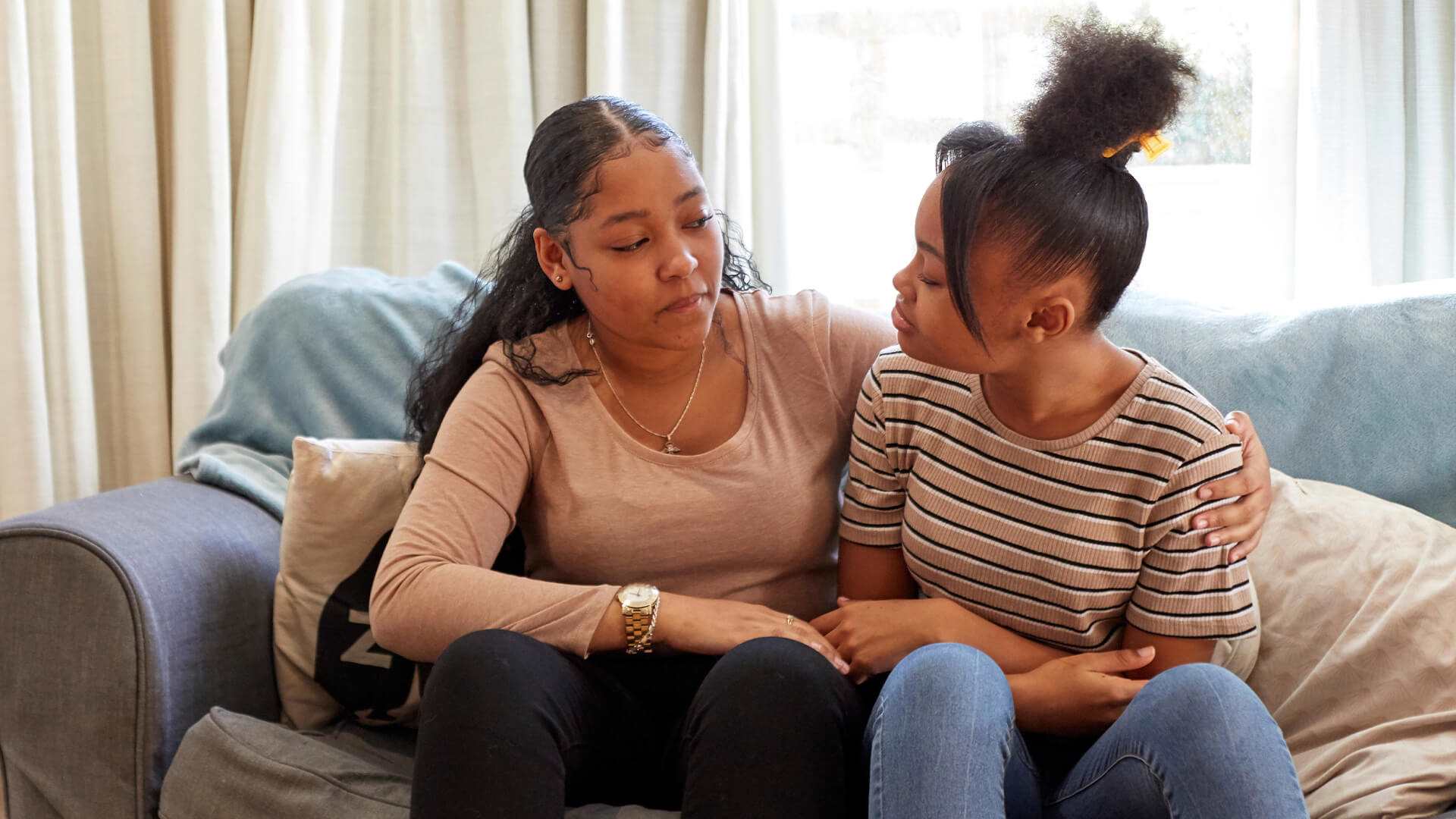Change can be scary, but it's a necessary part of life that we all have to go through. In this blog, Louisa, 17, shares her tips for coping with anxiety during periods of change and transition.
Show yourself some kindness, do things that makes you feel comfortable and safe. It can be difficult to do that sometimes, but it’ll help you in the long run. Self-care is not a waste of time.
I’ve just moved house an hour away from where I used to live, which has felt odd and scary. Dealing with change is always difficult, but it’s especially tricky during this period of great change for us all.
At first, I felt as though I wouldn’t be able to handle this extra layer of stress combined with the easing of lockdown restrictions. However, I’ve figured out some ways to deal with this and I’d like to share them with you. I hope these tips will be useful advice for you when dealing with any change.
Hold onto the things you're used to
When things change, it usually involves leaving behind something you’re used to. When this happens, it’s important to remind yourself that while one thing is changing, it doesn’t mean that everything else around you is changing too. Maybe you still have things like your favourite TV show, that toy you clung onto all the time as a kid, the music you love. There are so many things that you can hold on to. Keep these things close, and go back to them when you feel overwhelmed and as though everything is slipping away from you. It’ll help you to feel as though you still have control over yourself and your life.
Remind yourself that while one thing is changing, it doesn’t mean that everything else around you is changing too.
Voice how you feel
You are surrounded by people who care and who will happily listen to you, even if it doesn’t feel that way. It really does help to talk about how the change is affecting you, or even just write down how you feel if that would feel more comfortable. Change can bring about many unexpected feelings, and talking them out or writing them down may help you process them. This will then make your emotions simpler to understand, which can help you find out what you need to make you feel better.
It’s also really important to tell people how you’re feeling so that they can help you; they might be able to do something that will make you feel more comfortable.
It’s also really important to tell people how you’re feeling so that they can help you.
Look after yourself
Prioritise yourself. It’s okay if you aren’t being as productive as you usually might be. Change is tiring and draining, so if you feel like you need to sleep in an extra few hours or watch your favourite film for the millionth time, then it’s okay to do that.
You don’t need to push yourself at the moment. These aren’t normal circumstances, so you don’t have to act as if everything is fine if it’s not. Show yourself some kindness, do things that makes you feel comfortable and safe. It can be difficult to do that sometimes, but it’ll help you in the long run. Self-care is not a waste of time - it’s very important. You are very important. All you can do is your best.
Change is tiring and draining, so if you feel like you need to sleep in an extra few hours or watch your favourite film for the millionth time, then it’s okay to do that.
Plan
Planning out your day the night before can really help to maintain a level of normality in your everyday life. Structuring your time can make you feel much more in control of your situation, which can really help a surprising amount. Even if you’re planning the smallest things, like getting out of bed and eating breakfast, it’ll help you to structure your time and feel accomplished and ready for the day ahead.
Where to get help
-
Childline
If you’re under 19 you can confidentially call, chat online or email about any problem big or small.
Sign up for a free Childline locker (real name or email address not needed) to use their free 1-2-1 counsellor chat and email support service.
Can provide a BSL interpreter if you are deaf or hearing-impaired.
Hosts online message boards where you can share your experiences, have fun and get support from other young people in similar situations.
- Opening times:
- 24/7






